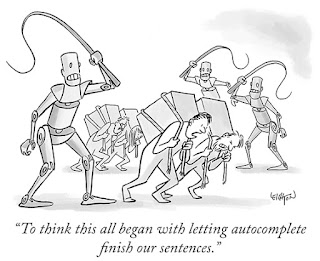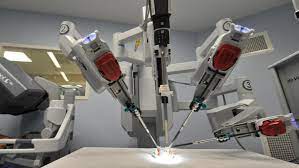Michele Lerner
American Psychological Association
Originally posted 7 September 23
Here is an excerpt:
“Advances in AI are happening rapidly in the workplace, and many of their effects are uncertain,” says Fred Oswald, PhD, a professor in the department of psychological sciences at Rice University in Houston. “Will AI empower employees and organizations to be more effective? Or consistent with employee worries, will AI replace their jobs? We’re likely to see both. We’ll need more research to inform targeted AI-oriented investments in employee training, career development, mental health, and other interventions.”
We asked Oswald and Leslie Hammer, PhD, emerita professor of psychology at Portland State University and codirector of the Oregon Healthy Workforce Center at the Oregon Health and Science University, to outline ways employers and employees can address the psychological impact of AI in the workplace.
The survey shows 46% of workers worried about AI making some or all of their job duties obsolete intend to look for another job compared with 25% of workers who are not worried about AI. How seriously should employers take workers’ concerns?
Oswald: Both real and perceived job insecurities often motivate employees to look for other jobs. In general, managers should always attempt to maintain healthy communication with their employees, where in this case it would be to understand and address the root cause of AI-related worries. Communication helps overall to ensure the well-being of individual employees and improves the culture and morale of the organization, and this might be more important when AI becomes present in the workplace.
Survey data show worried workers also feel they do not matter in their workplaces, and that they feel micromanaged. Mattering at work is among the five components of a healthy workplace identified by the U.S. Surgeon General. What can employers do to ensure workers feel they matter and to help workers feel more comfortable about AI, given that changes are likely inevitable?
Hammer: It’s very important that workplaces communicate information regarding any changes related to AI clearly and honestly. Fear of the unknown and loss of a sense of control are directly related to psychological distress, occupational stress, and strain, as well as negative physical health outcomes. Providing information about the use of AI and allowing employee input into such changes will significantly alleviate these outcomes.



